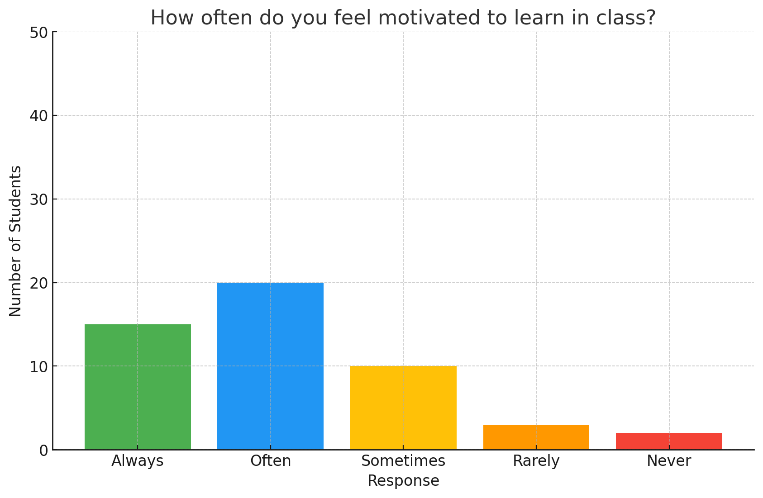The Impact of Motivational Factors on Foreign Language Learning
Abstract
This study examines how teachers in Albanian high schools employ methods, techniques, and strategies to motivate students in foreign language classrooms. The research highlights the unique cultural and contextual factors influencing motivation within this setting, including students’ adaptation to new academic environments and the interplay between teacher support and socio-cultural expectations. Drawing on interviews and survey data, the study explores both widely recognized and less commonly reported practices—such as localized teaching aids and contextualized storytelling—and clarifies how these strategies resonate with students at different proficiency levels. The findings underscore the importance of a supportive classroom climate, constructive feedback, and real-life connections to the lesson content. Ultimately, this work offers practical recommendations for educators seeking to enhance motivation and improve teaching practices on a global scale.
Downloads
References
Bushi, J. (2021). Motivation in the learning of foreign languages. ICSNS XVI – Sixteenth International Conference on Social and Natural Sciences – Global Challenge 2021 (pp. 150–161). Vienna, Austria. ISBN: 978-9928-259-14-7. Retrieved from https://iipccl.org/wp-content/uploads/2021/10/ICSNS-XVI-2021.pdf.pdf
Bushi, J. (2021). New forms and techniques in foreign language teaching. International Paris Conference on Social Sciences-VI (pp. 322–330). Paris, France. ISBN: 978-625-7464-00-0. Retrieved from https://www.iksadparis.org/_files/ugd/614b1f_10474d521a3b429c97d7a5134d7c7d86.pdf
Bushi, J., & Aliaj, A. (2024). A review on the role of feedback in foreign language teaching. 10th International European Congress on Advanced Studies in Basic Sciences (pp. 705–715). Amsterdam, Holland. ISBN: 978-625-367-799-2. Retrieved from https://www.iksadeurope.org/_files/ugd/614b1f_50ee4d97dbd84e4f827f4c50da4fc027.pdf
Bushi, J., & Gjetani, N. (2023). Learner autonomy and the role of this competence in learning foreign languages in Albanian schools. European Journal of Economics, Law and Social Sciences, 7(1), 101–112. Retrieved from https://iipccl.org
Fisher, H. L. (2003). Motivational strategies in the elementary school setting. Kappa Delta Pi Record, 39(3), 118–121. https://doi.org/10.1080/00228958.2003.10516389
Mohamoud, A. M. (2024). The impact of growth mindset interventions on students’ motivation, resilience, and academic achievement. Multidisciplinary Journal of Horseed International University (MJHIU). Retrieved from https://www.semanticscholar.org/paper/5fa5ab3e37a8aa0989f8cef7c3bb5b2e25276826
Pintrich, P. R. (2003). A motivational science perspective on the role of student motivation in learning and teaching contexts. Journal of Educational Psychology, 95(4), 667–686. https://doi.org/10.1037/0022-0663.95.4.667
Zawacki-Richter, O., Marín, V. I., & Bond, M. et al. (2019). Systematic review of research on artificial intelligence applications in higher education – where are the educators? International Journal of Educational Technology in Higher Education, 16, 39. https://doi.org/10.1186/s41239-019-0171-0


This work is licensed under a Creative Commons Attribution 4.0 International License.
Copyright for this article is retained by the author(s), with first publication rights granted to the journal.
This is an open-access article distributed under the terms and conditions of the Creative Commons Attribution license (http://creativecommons.org/licenses/by/4.0/).









1.png)









1.png)











